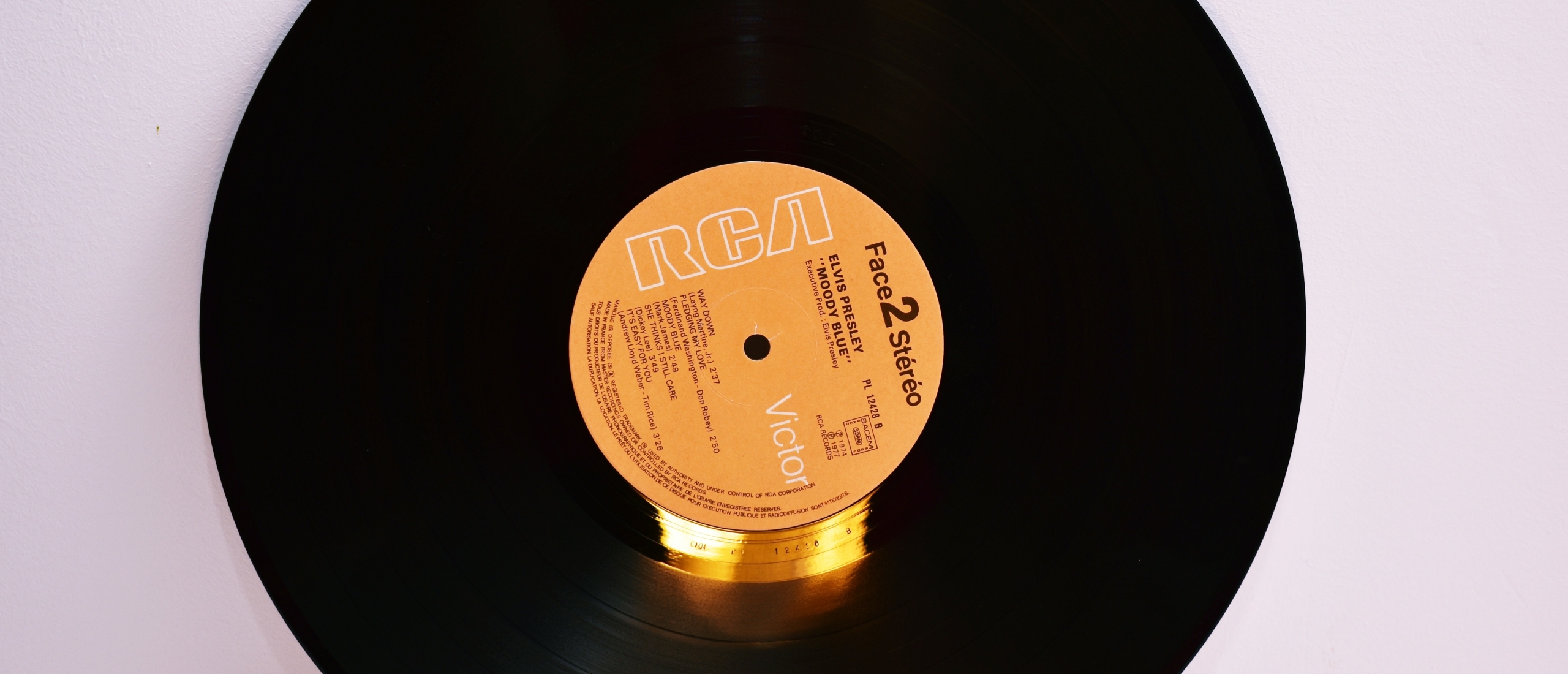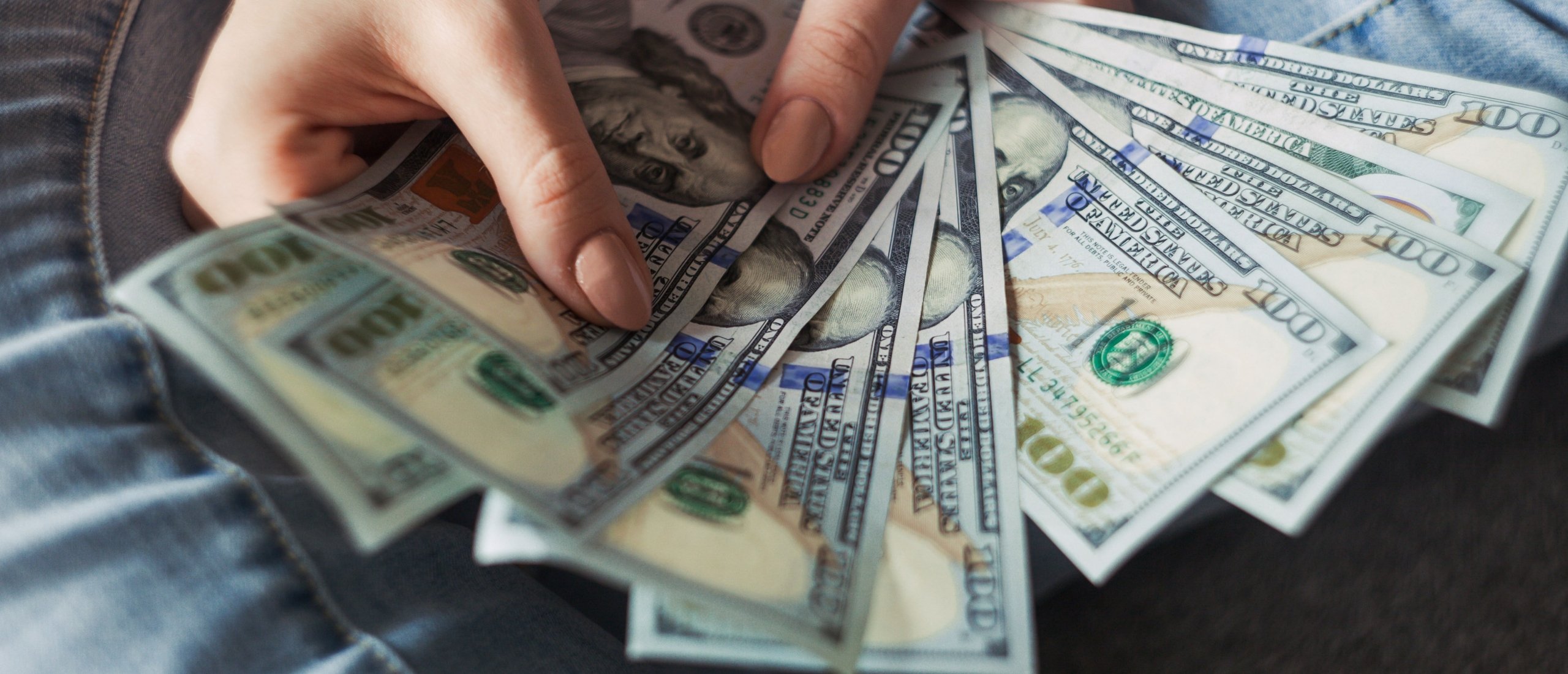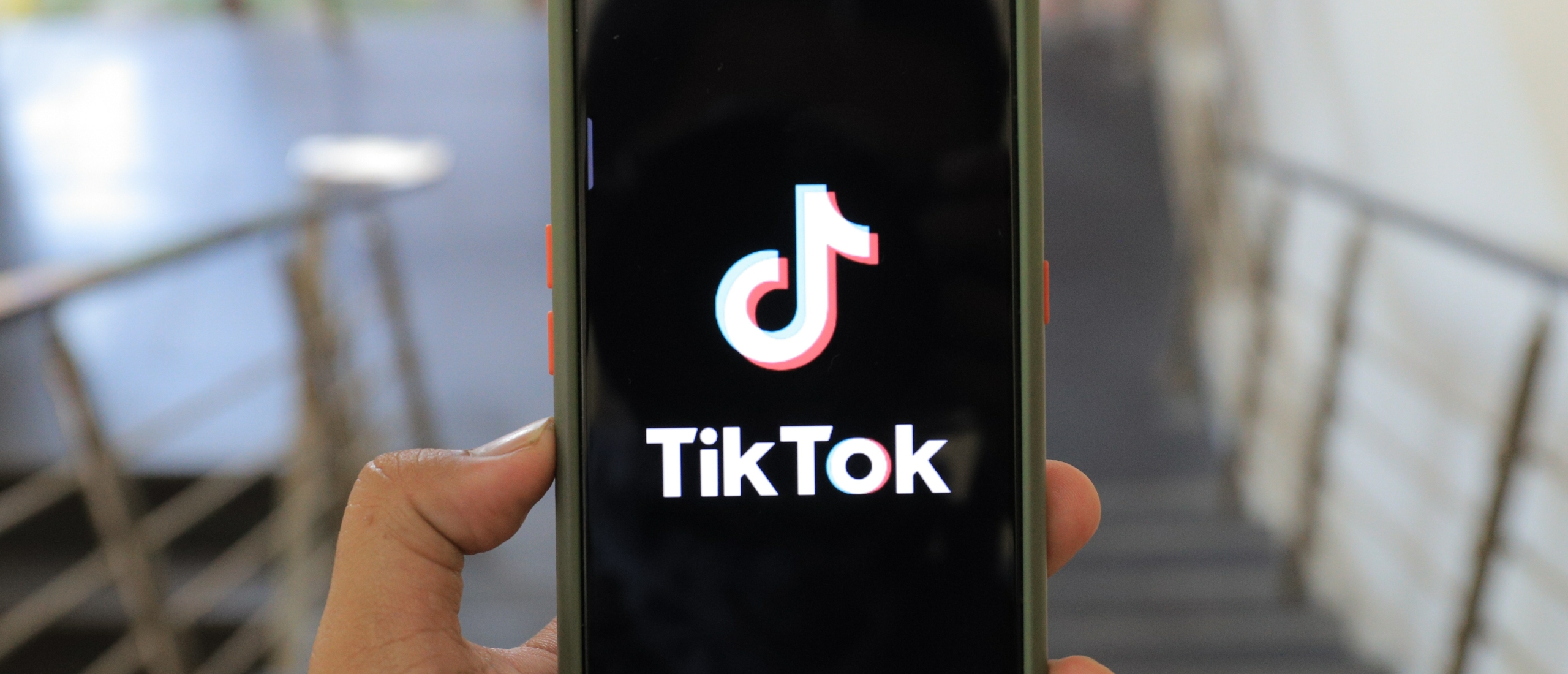Spotify has identified and chosen to fix some of the issues regarding fraud and royalties on its platform. As one of the largest music streaming platforms available, they are listening to the issues raised by the individual and have decided to enact fixes starting in 2024.
What is Happening on Spotify in 2024?
As part of its redesign of its business strategy, Spotify is demonetizing its least popular songs.
Beginning early in 2024, Spotify will begin charging labels and distributors fees when it detects "flagrant" streaming fraud on their accounts. Additionally, tracks that are entirely made up of non-musical audio, such as airplane sounds, static, and other types of noise, will only be monetized after two minutes of listening, as opposed to thirty seconds for a song. Finally, the company will only monetize tracks that have received 1,000 plays in the previous year.
Why is Spotify Doing This?
As Spotify has paid out more than $40 billion to the music business, the company is prioritizing funding its primary beneficiaries, who are professional and up-and-coming musicians. Three key elements have started to have a major impact on the revenue pool as the catalog grows and the royalties increase. New regulations have been developed as a result of tight cooperation with several industry players, including independent labels, big labels, artist distributors, artists and their teams, and label distributors.
The three changes are as follows:
- Putting in place a minimum yearly stream requirement for songs to start receiving royalties on Spotify. It is expected that this modification would reduce the value of a portion of songs that previously made up 0.5% of the platform's royalty pool.
- Financial penalties will be levied on labels and music distributors when fraudulent activity linked to songs they uploaded to Spotify is discovered.
- 'Noise' songs that aren't music will now need to have a minimum playtime in order to be eligible for revenue-generating on the platform.
While these problems affect a small portion of all streams, fixing them is expected to generate an extra $1 billion in revenue over the next five years for professional and up-and-coming musicians.
Change #1: Taking a Stand on Artificial Streaming
Spotify is committed to safeguarding the royalties pool meant for legitimate artists, as evidenced by its significant expenditures in identifying and eliminating fake streaming. Nevertheless, nefarious individuals continue to try to embezzle money from diligent artists.
As a future move, Spotify intends to charge labels and distributors a fee per song if their music is found to contain overt fake streaming, starting early next year. This preemptive measure comes after the Music Fights Fraud Alliance was founded, and sophisticated detection technology was implemented earlier this year.
Spotify can identify false streaming and remove it, but the industry gains more when unscrupulous actors are discouraged from posting such music to Spotify and other platforms. The goal of this campaign is to dissuade record labels and distributors from releasing songs in an attempt to defraud legitimate musicians of their revenues. The charges will support further efforts to maintain a platform and industry free from artificial activity.
Change #2: Reducing The Amount of Lost Payments
With well over 100 million songs available, Spotify reports that tens of millions of these have received between one and one thousand plays in the last year, averaging $0.03 per month.
These meager revenues sometimes fall short of the uploaders' expectations because of the minimum withdrawal amounts mandated by labels and distributors, which typically range from $2 to $50 for every withdrawal, as well as the corresponding bank transaction costs, which typically range from $1 to $20 per withdrawal. As a result, these modest contributions are frequently disregarded.
With this model, Spotify will not make more money. The amount of music royalties that Spotify pays to rights holders won't change in size. Tens of millions of dollars a year will instead be used to boost payouts for all qualified tracks rather than dividing them up into tiny installments.
It makes more of an effect to allocate these sizable yearly funds to musicians who depend more on streaming earnings, according to Spotify. Remarkably, songs with at least 1,000 yearly streams account for 99.5% of all streams; each of these tracks is expected to gain more from this approach.
Spotify expects that this measure will dismantle a tactic used to rig the system or mask fraudulent streaming because uploaders will no longer be able to make small profits from a large number of songs.
Change #3: Cracking Down on Noise Track Royalties
"Functional" genres—which include static, white noise, natural sounds, and other similar genres—have become increasingly popular in the streaming space. These useful genres are frequently played in the background for extended periods of time. Regrettably, some people take advantage of this technique by purposefully cutting songs short in order to increase the number of streams that earn royalties.
For example, whereas traditional songs are longer than several minutes, unscrupulous performers capture rain noises for only thirty seconds and arrange them in a row in playlists to generate large profits without the listeners realizing it.
Noise recordings are valued similarly to music recordings even though they are not musical. In comparison to their contribution to listeners' engagement, noise uploaders now have a disproportionately large cash possibility because of the significant growth of the royalty pool.
Spotify plans to increase the minimum track duration for functional noise recordings to two minutes starting in 2024 in order to be eligible to receive royalties. This will have an impact on functional genres that include white noise, silent recordings, machine noises, nature sounds, sound effects, non-spoken ASMR, and sound effects.
A minimum track duration will ensure that these recordings only get a portion of their prior profits, returning surplus monies to the pool of royalties for true, industrious artists. This action attempts to address the unequal distribution of money caused by tracks that are purposefully cut short, which negatively affects the listening experience in many genres.
These regulations aim to provide noise uploaders with a more equitable financial potential. Currently, the enormous potential encourages uploaders to flood streaming services with identical noise recordings in the hopes of drawing search attention and earning royalties.
Who Will Be Affected Most By Spotify’s New Royalty System and Anti-Fraud Measures
Over two-thirds of Spotify's song catalog would be impacted by the company's new royalty scheme. However, this is because of the volume of music that is posted to the site, the great majority of which is never listened to. The policy would only move around 0.5% of Spotify's royalty pool toward more well-known songs, even though tens of millions of songs will fall below the 1,000 stream threshold.
Although some in the independent distribution sector are worried that the anti-fraud measures might unfairly damage DIY distributors, even if big-label performers occasionally participate in this behavior, the music business has mainly praised the improvements.
Spotify Is Showing Commitment To Its Artist With Its 2024 Royalty and Anti-Fraud Updates
Spotify is one of the largest musical platforms for artists to get noticed on. In an effort to support those users who support them, Spotify is cracking down on groups taking advantage of opportunities from the small artists that make their platform great. The music world is optimistic that the new security measures to be taken in 2024 by Spotify will help strengthen and build its already robust platform for the whole industry.
GetPlaylisted has worked on Spotify with major labels and independent playlist curators for years and is dedicated to helping upcoming artists achieve new milestones in their careers. Reach out to us today to learn how we can get your music on the right playlists to help sky rocket your music career to the next level!





